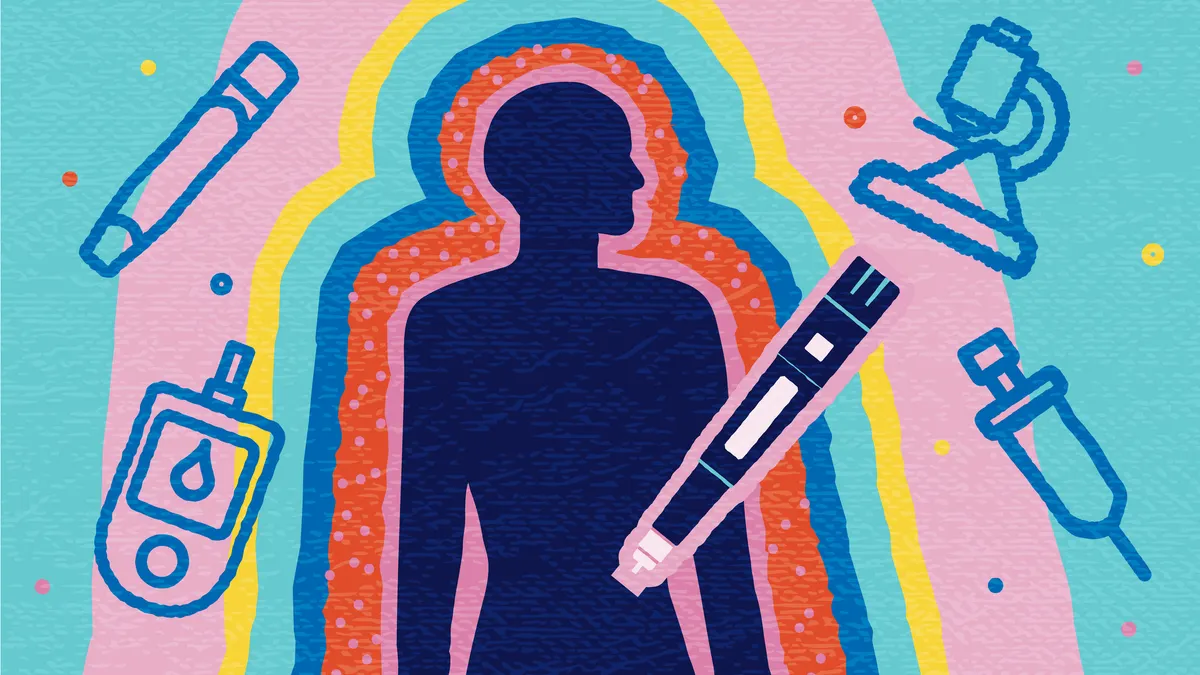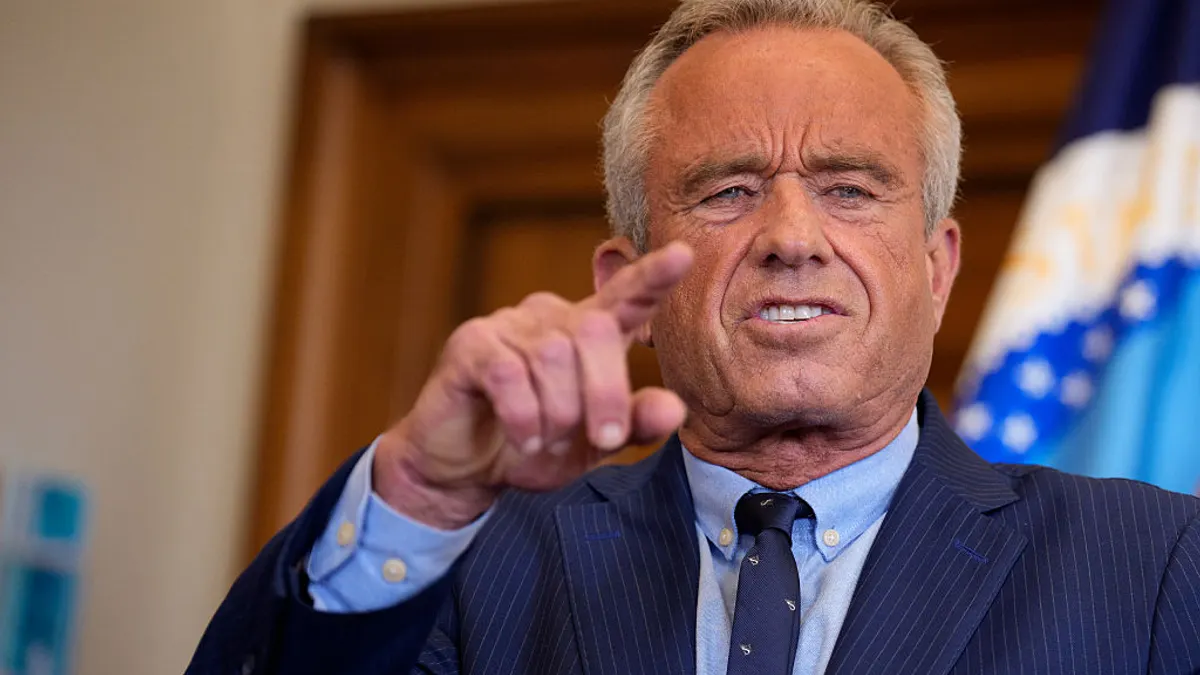Roche’s efforts to break into the lucrative obesity market haven’t abated. The pharma giant sealed the largest deal in the space earlier this year when it announced a collaboration with Zealand Pharma for more than $5 billion. The agreement built on Roche’s $2.7 billion deal to pick up Carmot Therapeutics and its suite of early- and mid-stage obesity candidates in 2023.
After shelling out to get into the race, the Swiss pharma’s strategy to enter the market with differentiated assets is becoming clearer as the drugs move through the clinic.
Now, the Swiss pharma is revealing more about its long-term pipeline plans and potential move to join the ranks of other Big Pharma companies in the direct-to-patient space.
Obesity pipeline
Roche’s lead obesity candidate, CT-388, is a weekly injectable, dual GLP-1/GIP receptor agonist for obesity and Type 2 diabetes. Currently in phase 2, the drug has already shown promising weight loss results. In a phase 1b trial, patients lost an average of 18.8% over 24 weeks.
The company plans to announce a phase 3 study in obesity for the drug later this year, according to its most recent earnings presentation. In addition, Roche wants to study CT-388 combined with petrelintide, a mid-stage amylin analog it licensed in its deal with Zealand.
“Both petrelintide and CT-388 are currently in phase 2 studies, and we will need to review the results of those two monotherapy studies before we can share very specific timelines and details for the phase 2 combination,” said Teresa Graham, Roche’s CEO of Roche Pharmaceuticals, the company’s innovative medicines arm, on an earnings call. “However, our expectation is that we will be moving into combo initiation in 2026.”
The combo therapy plan was part of the original deal with Zealand. The company was previously studying a combination of an early-stage asset CT-173 with CT-388. But Roche revealed that it’s cutting CT-173 from its pipeline in the earnings report.
The candidate, a long-acting peptide YY analog that had not yet entered human trials, was picked up in the Carmot acquisition. The drug aimed to control appetite by targeting the PYY hormone, and Roche had originally planned to enter phase 1 testing this year before axing it.
“We have decided to discontinue CT-173 … based on a comprehensive assessment of its developability, competitive positioning and commercial viability,” Graham said.
Roche is also exploring an oral GLP-1 that could give the company a competitive edge if it enters the obesity market down the line. With one early-stage asset off the books, Roche still has several options in the works.
"Overall with our obesity portfolio … we still feel very confident that we have a potentially best in disease and highly competitive portfolio of products,” Graham said on a separate call with media last week.
A DTC play?
Roche may also take a page from Pfizer, Eli Lilly and Novo Nordisk, which all launched DTC platforms for certain medications, including obesity and diabetes drugs.
While other pharmas have also created DTC channels, Lilly and Novo’s offerings launched amid an exploding market with insurance coverage challenges. Via the DTC platforms, the meds are available for about half the price in a vial format. Bristol Myers Squibb also recently announced it was working to sell its blood thinner medication Eliquis, which is co-owned with Pfizer, directly to patients.
The platforms not only offer some patients a cheaper price, they also fall in line with a Trump administration priority to lower drug prices by enabling DTC pharma sales at the “most-favored nation cost.” The policy, as outlined in a May executive order from President Donald Trump, asks drugmakers to sell medications at the lowest price paid by an Organization for Economic Co-operation and Development country with a GDP per capita that’s at least 60% of the U.S. measure.
Roche is now considering its own DTC platform that would comply with the Trump administration’s DTC desires. According to executives, the platform would potentially offer its future obesity products.
“In terms of the BMS, Pfizer-type direct to patient, I think this is absolutely something that we would consider for the right product,” Graham said. “And one might imagine that this could be a really good type of program that you would use with your obesity assets.”
Roche Group CEO Thomas Schinecker added that DTC could also work for some of its other drugs, but he didn’t go into detail about plans to launch its own platform and noted the company is in talks with the Trump administration.
“There are other areas as well where we can do that, but these are discussions that we are having with the U.S. government,” he said during the call.





















